Amman, Brussels – International financial support to the health system in northern Syria is in decline. The medical needs in the region far exceed the available medical services, with Syrian people bearing the greatest burden due to limited support and the closure of hospitals and health facilities.
Yet, this dire situation is being treated with further funding cuts. Médecins Sans Frontières(MSF) calls upon the donor community attending the Brussels conference to prioritise the financial support of the Syrian health sector.
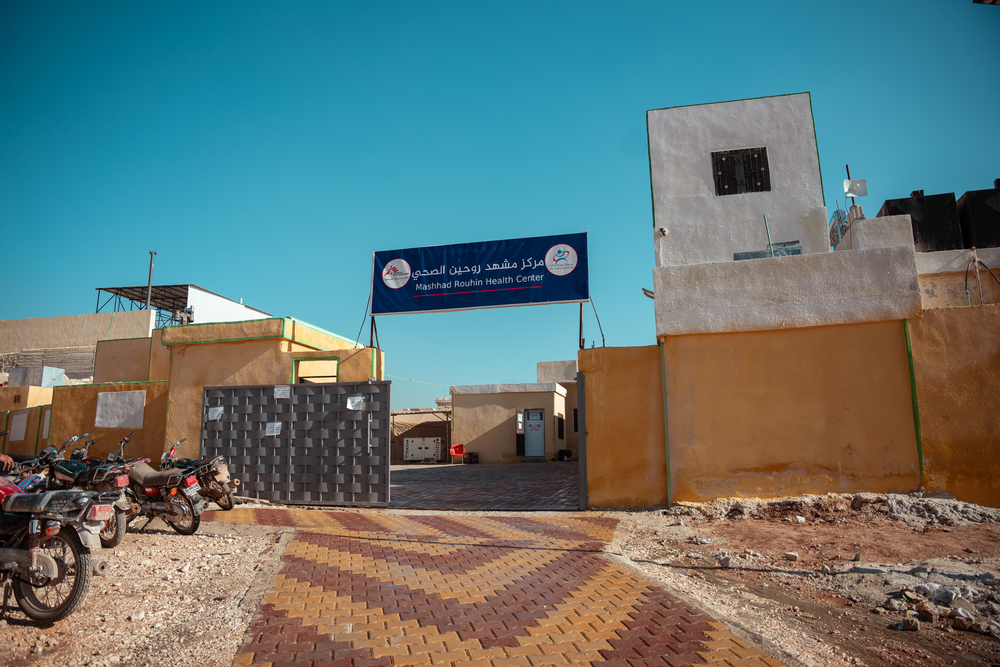
After years of conflict, millions of people in northern Syria are facing even greater challenges to accessing healthcare, with the decline of international financial support for the Syrian health system, says MSF. Nearly a third of health facilities in Idlib and northern Aleppo governorates have either closed or partially suspended activities due to underfunding, leaving 1.5 million people without access to lifesaving and emergency healthcare, with 112 health facilities at risk of closing by the end of June according to local authorities. MSF urges international donors and governments to immediately boost their financial support for the health system in northern Syria.
Ahead of international donors and donor states meeting in Brussels on 27 May, the situation in Syria is dire. In 2024, US$4.07 billion is the total funding required to respond to humanitarian needs in Syria. However, just six per cent, or $326 million has been funded through the Humanitarian Response Plan (HRP). International donors and donor states must allocate sufficient funds for healthcare, as the situation is becoming more difficult for people, with fewer functioning health facilities, overcrowding of the ones that are functioning, shortages of medications, and a lack of staff.
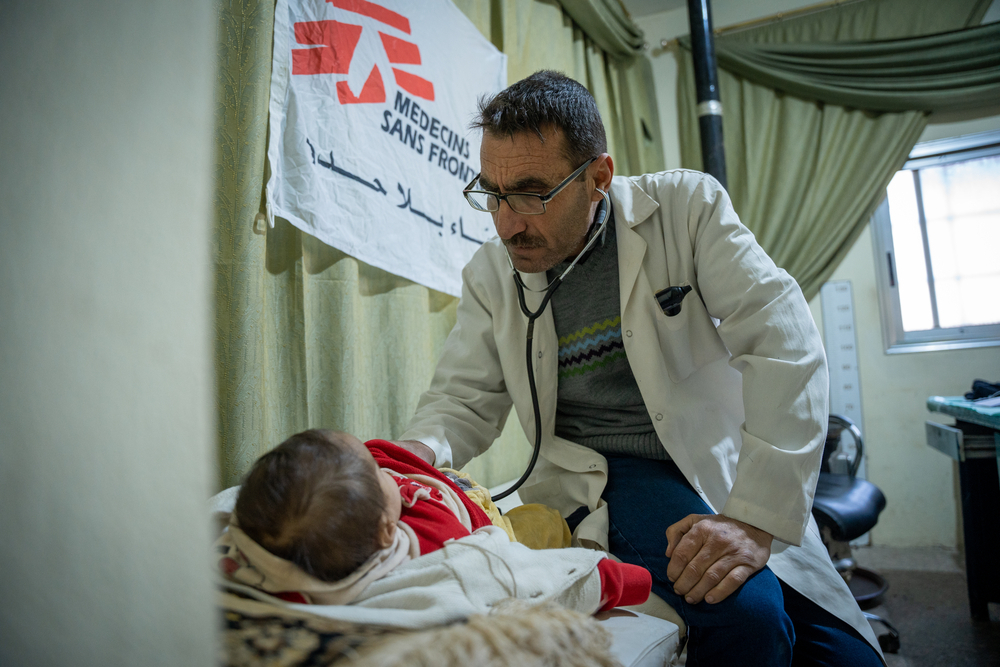
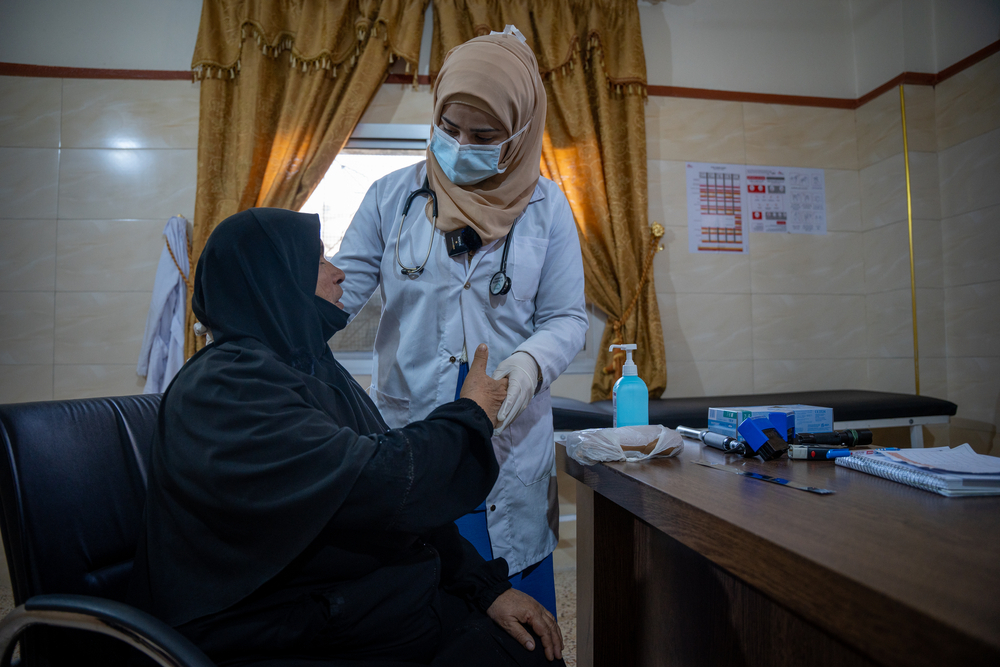
The funding shortfall and the impact on the healthcare system could lead to the deterioration of long-term health conditions, increased outbreaks of diseases, and compromised quality of life for people. Groups such as children and pregnant women could be particularly affected, for example, if there is a lack of vaccination campaigns. This comes as the region is already reeling following the destruction inflicted by the February 2023 earthquake and conflict which has endured for more than 13 years.
People are facing growing water scarcity, leading them to be more dependent on water trucking and water networks. However, these are hampered by unstable power supplies and high fuel costs. As a result, the lack of water forces people to adopt negative coping mechanisms such as reducing water consumption or using unsafe drinking water.
MSF covers a limited proportion of needs, in delivering critical medical and humanitarian assistance to communities in Idlib and Aleppo governorates. Our teams co-managed or supported 6 hospitals. in 2023, we have provided over 1 million outpatient consultations and more than 150,000 consultations for non-communicable diseases. Teams assisted more than 20,000 births and provided more than 25,000 mental health individual consultations.

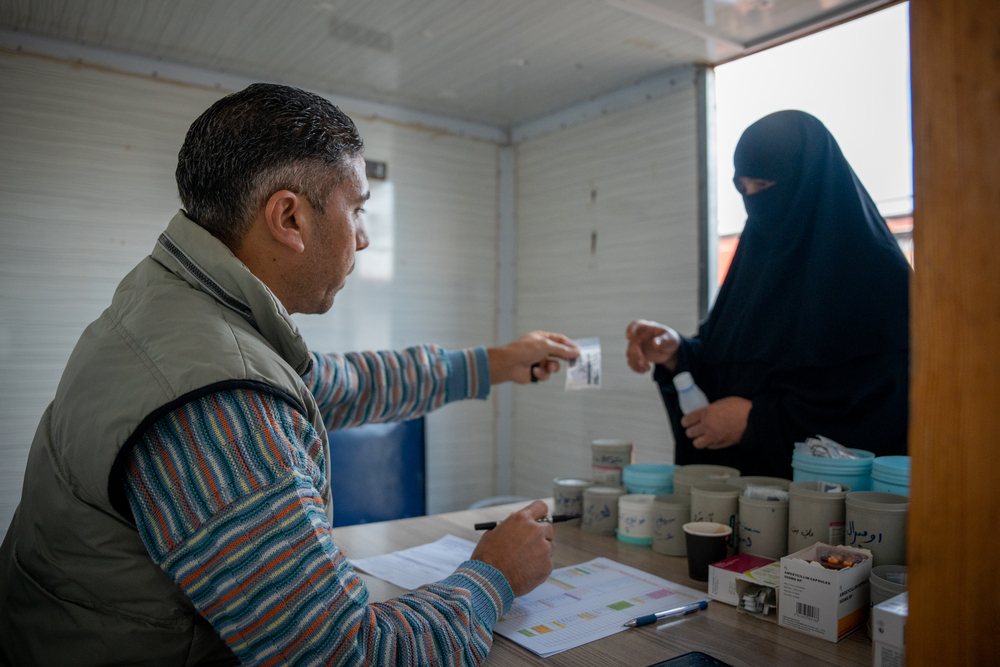
“We had to leave our homes because of the war and come to northwest Syria. Since we’ve been here, it’s been very hard to get medical care because hospitals that were working have now stopped,” says Salim Mohammed, who is internally displaced in northwest Syria. “I am 68 years old and a diabetic; hospital closures will be a death sentence to people like me.”
In the last few months, 77 health facilities in northwest Syria have been forced to suspend activities due to a lack of funding. Including 17 hospitals, nine of which are women and children’s hospitals.
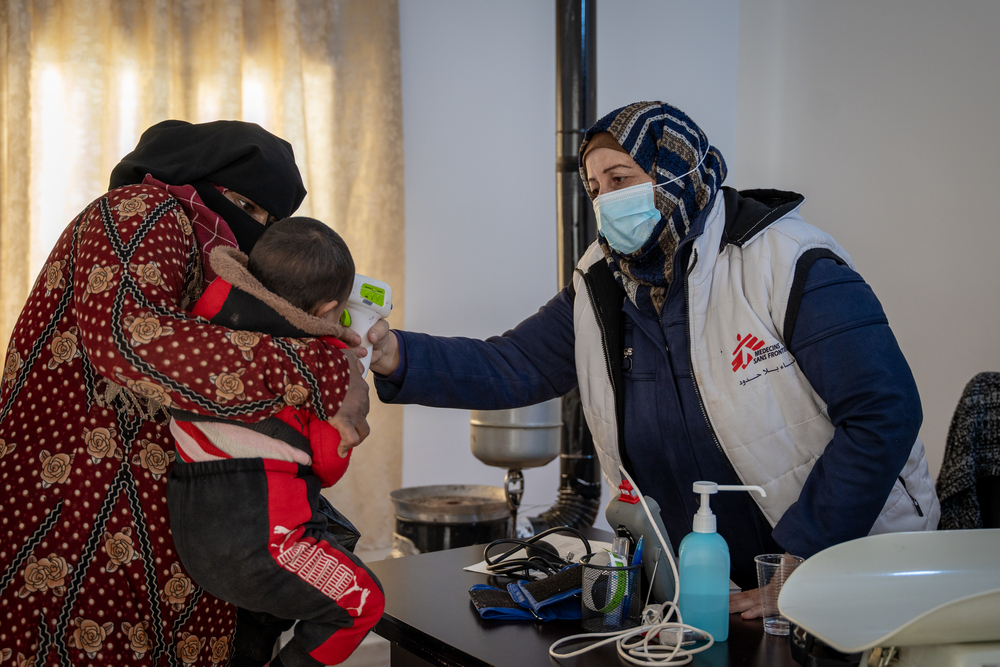
In order to improve access to healthcare facilities for people in northwest Syria, it is essential to secure adequate funding. This will enable the rehabilitation of health structures damaged by earthquakes and ensure the provision of resources for the facilities to become operational and offer, at the very least, the same level of services that were available before the earthquake. The disparity between rising needs and shrinking funds is both contradictory and unacceptable.












